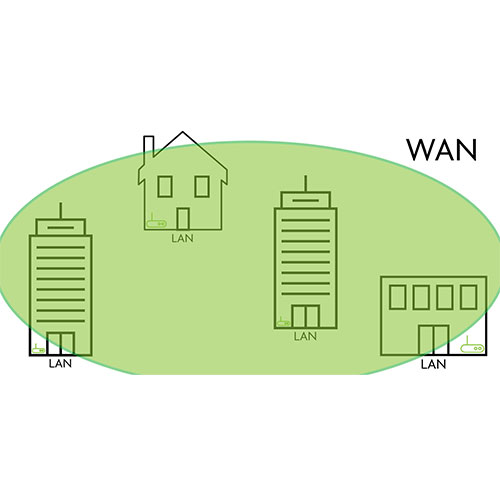Posted on 4/20/2018 by Luxul Team
By Alicia Aldrette, technical support rep
Online security has been at the forefront of media reports the past few weeks. And with the Cambridge Analytica-Facebook topic top of mind while hacks of Target, Yahoo, and Equifax still linger on the brain, it’s no wonder security concerned searches are trending across the board.
That’s why this week’s IPIQ post focuses on VPNs.
A virtual private network, or VPN, is a type of network that uses encryption to allow IP traffic to travel securely over an untrusted network—for example, the Internet.
Originally, VPNs were developed to enable remote office workers to connect to their office networks so they could access resources while offsite. More recently, companies have begun offering a VPN as a service. If you’re:
- uncomfortable with your Internet service provider (ISP) collecting information about your online habits
- trying to bypass blocks or other forms of censorship
- looking to download information safely
a VPN service would be a good option to look into.
So how does a VPN work?
VPNs use a tunneling protocol that encrypts packet contents as they travel from endpoint to endpoint. When you create a VPN, you establish a security association between two tunnel endpoints, and those endpoints create a secure communication channel.
This can be done over a local area network, across a WAN connection, and over the Internet and can be implemented in the following ways:
- Host to Host: two hosts establish a secure channel and communicate directly
- Site to Site: routers on the edge of each site establish a VPN with the router at the other location; data from the hosts of the site are encrypted before being sent to the other site. NOTE: This is more of an enterprise solution and is not supported by Luxul routers
- Host to Site (Remote Access VPN): a server on the edge of the network (called a VPN concentrator) is configured to accept connections from individual hosts in a client-to-site configuration
Additionally, there are several types of VPN protocols—we’ll call out a few of the most common here:
- L2TP/IPSec
- Preshared key and username/password
- Luxul’s recommended VPN type
- Client software included (Win, Mac, iOS, Android)
- IPSec
- Preshared key and username/password
- Client software included (Win10 (but only IKEv2; not IKEv1), Mac, Android)
- PPTP (no longer recommended due to known security problems that will not be fixed)
- Username/password only
- Least secure VPN type
- Client software included (Win, Android)
Sounds awesome. How do I go about setting a VPN up?
We know you’re not looking to read more; we’re lucky if you even made it this far. Here’s a Jared Edwards original with instructions on how to setup a VPN on Luxul routers:
As always, thanks for reading!

 All News
All News
